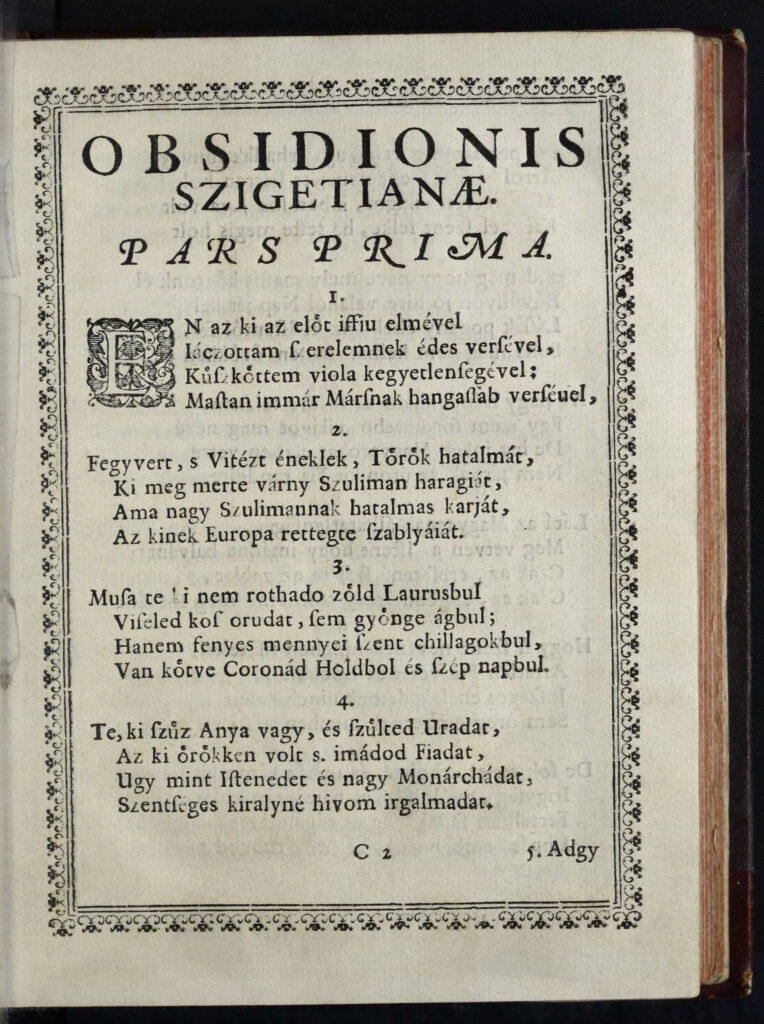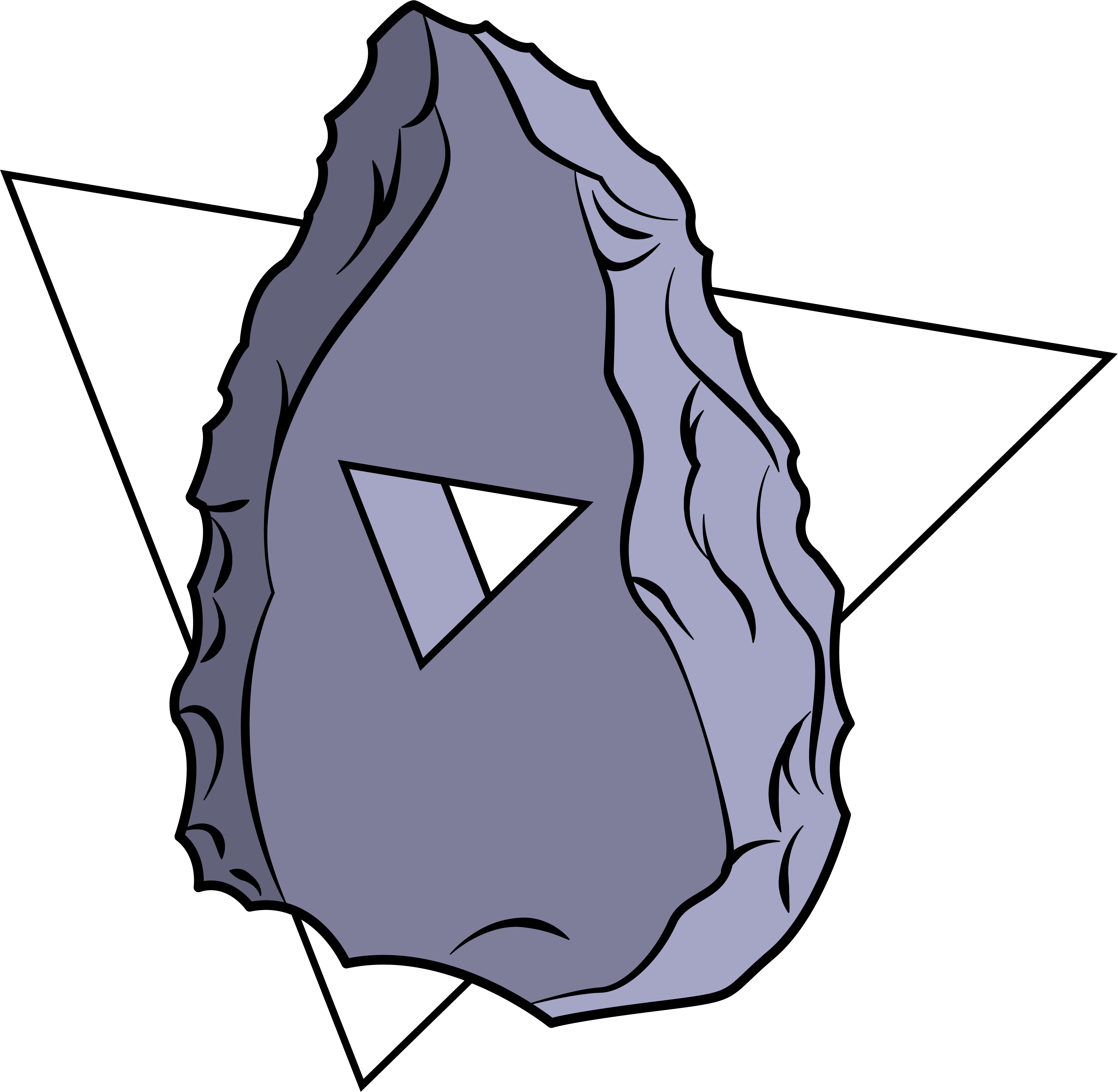Regarding the name of obsidian, the origination by Pliny according to which this volcanic glass was named after a Roman soldier called Obsius who found such black, vitreous stones in Ethiopia can be observed in all professional studies on the history of science, geology and archaeology as well as in popular articles: „… lapidis, quem in Aethiopia invenit Obsius, nigerrimi coloris, …” (C. Plinius Secundus: Naturalis Historia, Book 16). The peculiarity of this name explanation also calling its scientific validity into question is the name of the stone being presumably the outcome of an inaccurate translation (Obsius vs. Obsidius). This explanation of origin is also contradicted by another fact that obsidian was already used in ancient Italy during that time (i.e. the second half of 1st century A.D.) primarily as jewellery and for decorative purposes.
We believe it is more likely however that the name of this stone originates from the Latin term ’obsidio’ which is an old Latin word related to fight, battle as well as defence and averting danger.
According to the old Latin–Hungarian dictionaries, the specific meaning of the term ’obsidio’ refers to the siege or surrounding of a fortress, i.e. it means enclosure or blockade. However, in a figurative sense, it also means obsession or enclosure, i. e. oppression, danger, external threats from enemies which definitely explains the widespread use of this talismanic stone’s Latin name.
Surrounding and enclosure, i. e. siege and danger. All these notions can be related, directly and in a figurative sense, to obsidian. After all, not only various tools (blades, scrapers, knives, spearheads and arrowheads) were made of this stone with conchoidal fracture during the Palaeolithic period, but was also held in high esteem as an amulet. The mythical man of ancient times believed that this high-gloss, black volcanic glass would expel demons and protect its wearer from all curses. Natural people and personalities with spiritual sensibility still conceive today that obsidian provides strong protection against negative influences as an encompassing shell around a person enclosing (obsidio) its personality.


A Hungarian example
An expressive Hungarian example of the use of this expression is the original Latin title of Miklós Zrínyi’s monumental work on the history of the siege and fall of Szigetvár by the Turks in 1566, i.e. Obsidio Szigetiana (originally: Obsidionis Szigetianae). The Hungarian translation of the heroic poem’s title is ’Zríniász or Sziget under siege…’ (1817) or later ’Peril of Sziget’ (1851).

Written by Csaba Baráz and Gábor Kiss; Translated by Zoltán Baros
Citation: Baráz, Csaba and Kiss, Gábor (2022): On the origin of the name obsidian. www.obszidian.hu
